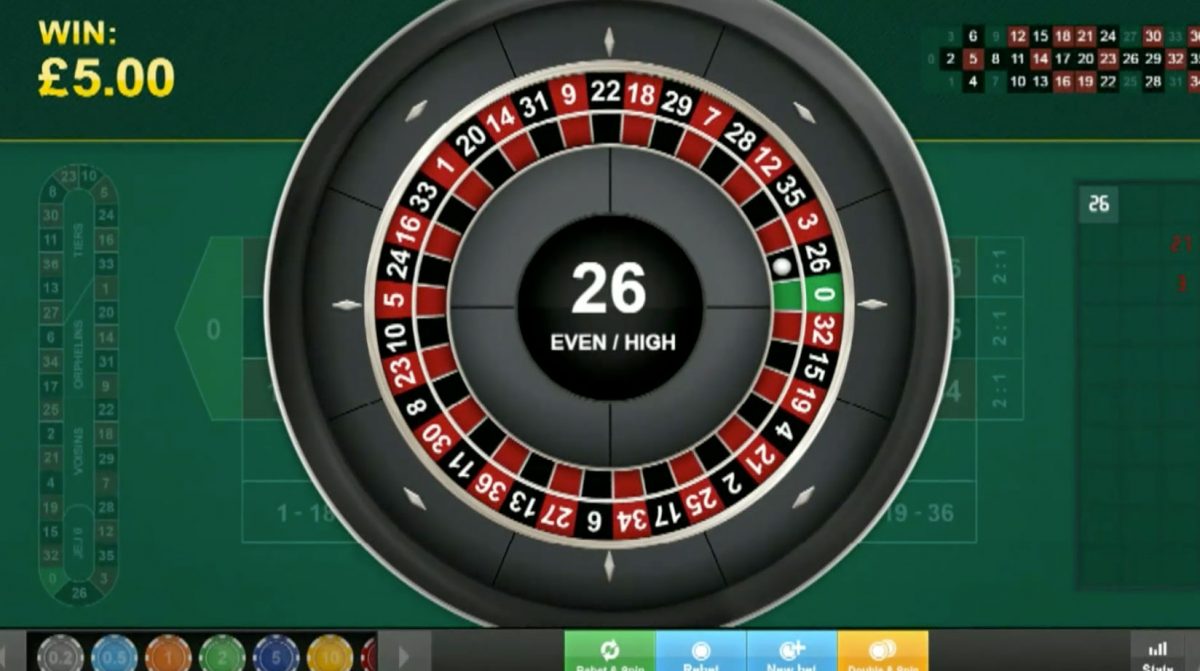Simon Stephens, Director of Case Work at AddictionsUK.com, speaks to Radio Newcastle about what it takes for an addict to choose to enter recovery.
Transcript
Presenter
“BBC Newcastle radio for the North East. And on that note, let’s bring in Simon Stevens who’s a Director of Case Work for AddictionsUK. If you’ve got anything to add to Kevin’s words there, Simon…”
Simon
“I didn’t, I didn’t hear a lot of what Kevin said, but there is a very strong argument to say that we will not change our behavior unless we’re forced to do so or that some crisis occurs. Human beings learn through crisis and I’m using crisis in it’s very widest sense. A small child learns that if you fall over, you know, the only way you can learn to walk is to practice walking and you will fall over. Oh no. By the way, it hurts when you fall over. So it’s better to stay up right. When you…”
Presenter
…”it comes to addiction. So say if we talk about drugs for instance, you don’t have to be taking the drugs in the first place. So you’re making a decision there before a crisis could have potentially happened.”
Simon
“Well, right. You know, then you need to separate between those people are likely to become psychologically dependent because of the way their brain is wired. And those people who simply choose to use drugs for recreational purposes, and they’re two different groups. Uh, and yes, in, in the second group, recreational pursuit, uh, choices. You can make recreational use of drugs. You can make a choice for a lot of people, drugs are a Rite of passage. If you have the brain that’s likely to be addictive, then you don’t know that. And then you just like everybody else recreationally say smoke some dope or ketamine’s a big thing, now. That, then you find that those particular process, once you’ve tried the drug, those two addictive processes get to work. I mean, I’m a great believer that addiction is an illness in the sense of most addicts are incredibly sensitive people and they also possess a dopamine system that relates to things like ketamine or cannabis or heroin or even sugar in a way that it doesn’t relate to it in a large number of other the human beings.
Presenter
“So if we’re talking about turning your life around, how did those people in particular do that? If they’re vulnerable…”
Simon
“To turn your life around something has to occur. My personal life story, cause I always said that I’m a recovering addict and alcoholic. I reached a place that was incredibly dark and dismal and desperate. Got to that point in life where I didn’t want to kill myself or I didn’t want to wake up. I just simply did not want to exist anymore. I reached a point where all I could do was become a rough, you know, use drugs or alcohol to become unconscious as quickly as possible. That, once it became sort of , I became aware of the button. There was actually something I could do about it. That was my crisis in life. That was my big crisis where the cost of using drugs now outweighed any benefit, any possible benefit that I perceived they gave me. And that created the need to change somebody who is told, cause I heard earlier that you were talking about weight and things.”
“This is not liking yourself, but somebody who’s told that you know, uh, well if you don’t lose weight, then your heart’s going to stop working simply because the amount of weight that you’re carrying and think, that becomes that crisis. They’re called normative crisises. We have them all throughout our life and they encourage us to change behavior. Another classic example that many people will be familiar with is when you have your first real love, in adolescence and things that well, you know what, it doesn’t work out and you feel a lot heartbreak and things, but your parents say, well, it’s something they need to go through because it’s part of the growing experience. The reason I’m so passionate about this, is that, uh, all too often we have harm on minimisation things put in where we supply people say with methadone, in the case of drugs and things, you stopped that kind of a normative crisis from happening and you simply maintain people on the status quo.”
Presenter
“What’s your say? They need to have the pain?”
Simon
“I think I absolutely do believe that if, uh, uh, without pain, pain is a part of life. If you don’t have pain in life, you cannot grow.”
Presenter
“Simon, thank you very much. Really interesting way of looking at all of that.”


